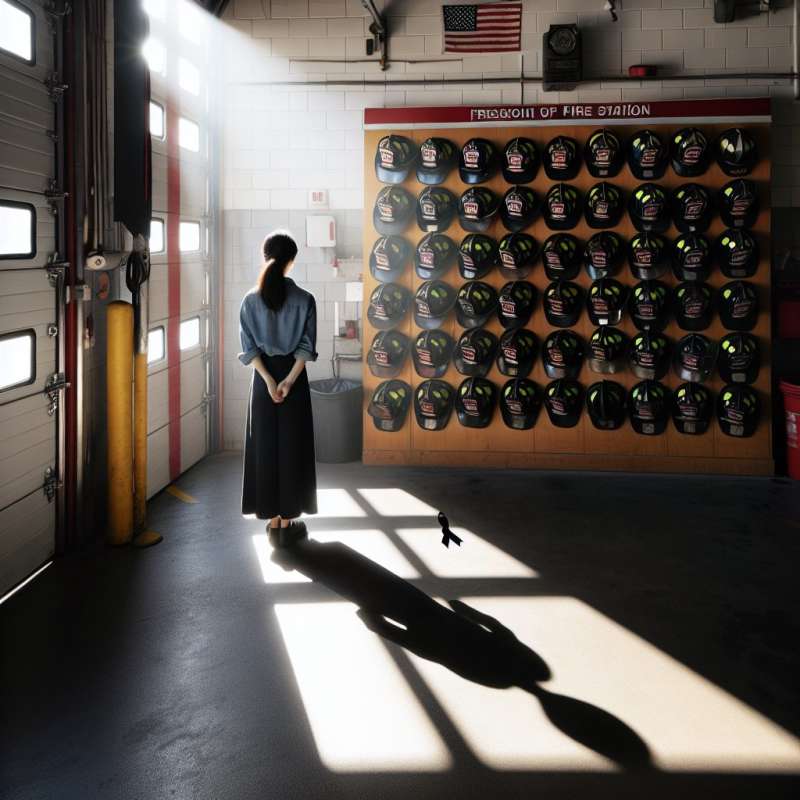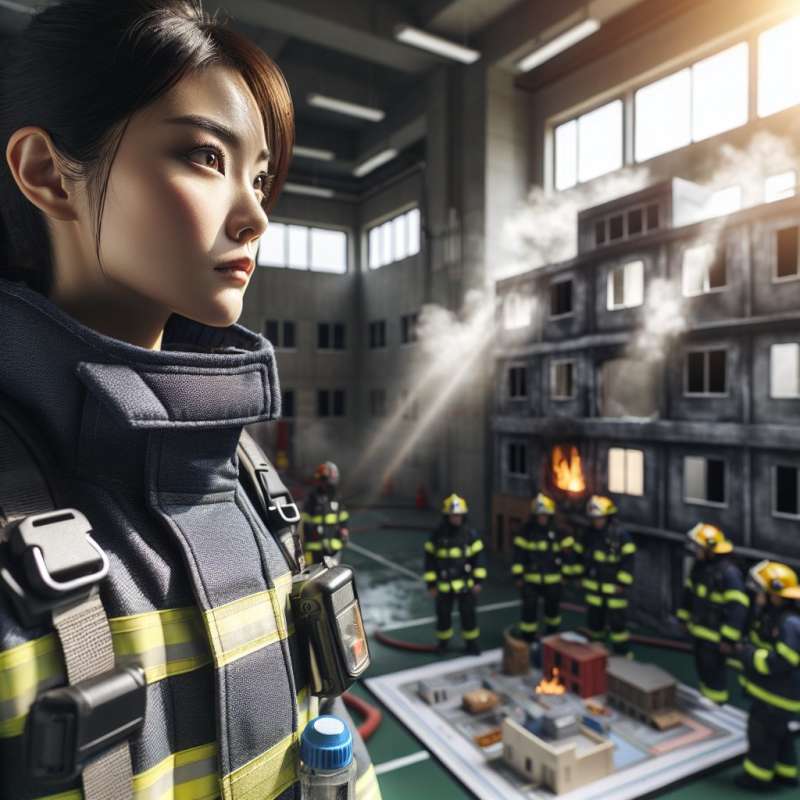
Complacency Kills Response
Emergency responders can't afford complacency; it's a silent threat. Overconfidence from routine calls may lead to underestimating real danger, causing preventable injuries or fatalities.
Situational Awareness is Key
Maintaining situational awareness means constantly assessing the environment for changes. Being alert can mean the difference between life and death in new, evolving, or deteriorating conditions.
Expect the Unexpected
Emergencies are unpredictable. Responders trained to anticipate unexpected scenarios can adapt their plans quickly, ensuring safety and effectiveness during operations.
Stress Impairs Judgment
High-stress situations can cloud judgment and lead to errors. Regular training under simulated stress conditions helps responders make better decisions in real emergencies.
Beware of Routine Calls
Routine calls can create a false sense of security. A 'routine call' can turn critical in seconds, demanding constant vigilance and readiness to act.
Rapid Decision-Making
Emergency scenes evolve rapidly, requiring immediate and accurate decision-making. Delayed or incorrect decisions can escalate the emergency, putting more lives at risk.
Continuous Learning is Crucial
Emergency responders must engage in continuous education. Learning from past incidents, including near misses, improves future response and prevents complacency.
What is complacency's impact on responders?
Encourages proactive behavior
Improves response efficiency
May cause injuries or death
Company